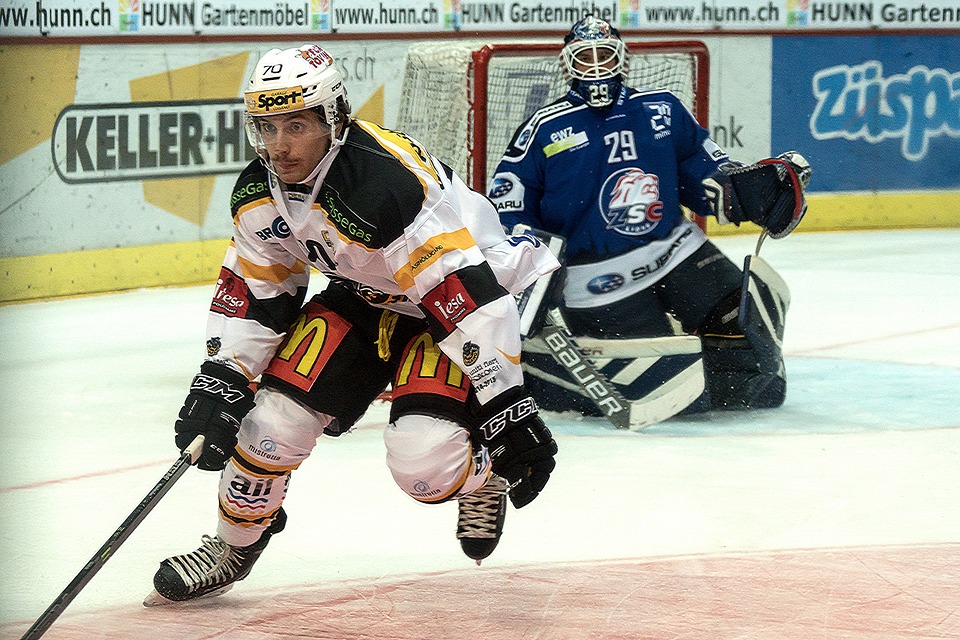Hockey has long been known as a thrilling and exciting sport, with its fast-paced action, intense physicality, and passionate fanbase. From the thrill of victory to the agony of defeat, hockey has the power to evoke strong emotions and leave fans on the edge of their seats. So what is it that makes hockey so exciting? Let’s explore.
The Physical Nature of the Sport
One of the things that sets hockey apart from other sports is its physicality. The game is played on ice, which adds an element of danger and unpredictability. Players must skate quickly and maneuver around each other while avoiding collisions, all while wielding sticks and chasing a hard rubber puck.
The physicality of hockey is not just limited to collisions, however. It’s also evident in the way players battle for the puck along the boards, fight for space in front of the net, and compete for loose pucks. Hockey players must be tough and resilient, willing to take hits and keep going in pursuit of victory.
The Intensity of Rivalries
Rivalries are a big part of any sport, but in hockey, they seem to take on an extra level of intensity. Whether it’s a rivalry between two teams, two players, or two cities, the intensity of the competition can be palpable.
When two bitter rivals face off, the atmosphere in the arena is charged with electricity. Fans on both sides are passionate and vocal, and the players themselves seem to take the game to a different level. The hits are harder, the shots are faster, and the tension is higher than in any other game.
The Importance of Momentum
In hockey, momentum is everything. A team that’s playing well can dominate a game, while a team that’s struggling can find it tough to get anything going. Momentum can shift quickly in hockey, and when it does, the game can change completely.
That’s why fans love to see their team get off to a fast start, score early, and build momentum. Conversely, fans dread seeing their team fall behind, knowing that it can be tough to get back in the game once the other team has the momentum.
The Unpredictability of Overtime
In most sports, when the game is tied at the end of regulation, there’s a clear path to victory. In basketball and football, there’s overtime, but even that is structured and predictable. In hockey, however, overtime is pure chaos.
During overtime, teams play four-on-four, which opens up space on the ice and creates opportunities for odd-man rushes and breakaways. Every shot, every play, every decision, can be the difference between winning and losing. Fans love the unpredictable nature of overtime, never knowing when a moment of brilliance or a moment of mistake will decide the game.
The Drama of the Playoffs
Finally, we come to the playoffs, the pinnacle of the hockey season. Every game, every series, takes on a heightened level of importance, with the hopes and dreams of an entire city resting on the players’ shoulders.
The stakes are high in the playoffs, and every goal, every save, every hit, is magnified in importance. The pressure can be overwhelming, and the emotions can be intense. But for fans, there’s nothing better than watching their team battle through the playoffs, knowing that every game could be the one that decides their destiny.
In conclusion, hockey is a sport that evokes a wide range of emotions, from the thrill of victory to the agony of defeat. Its physicality, intensity, momentum swings, unpredictable overtimes, and dramatic playoffs all contribute to making it one of the most exciting sports in the world. Whether you’re a die-hard fan or a casual observer, hockey has the power to captivate and thrill.

